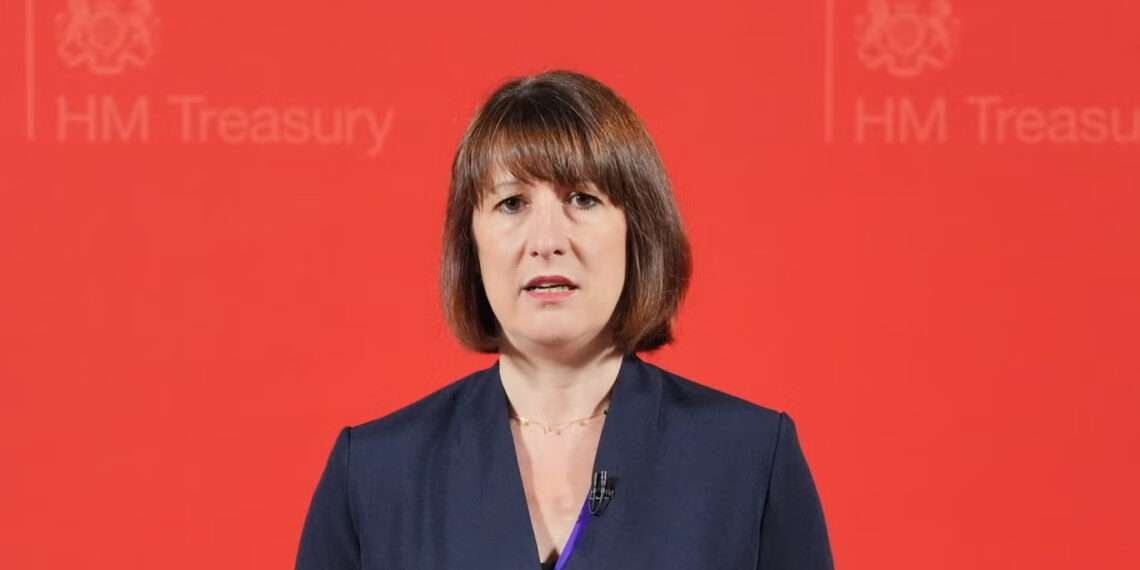Rachel Reeves is under fire amid concerns that a sharp increase in capital gains tax (CGT) could derail her plans for economic growth. Speculation has grown after reports emerged that the chancellor is considering CGT rates as high as 39%, far above the current rate of 24% for second homes.
Sources close to Reeves have downplayed the rumors, dismissing suggestions of government disarray as the chancellor and Labour leader Sir Keir Starmer face mounting pressure ahead of the October 30 Budget.
Reports suggest that Reeves had requested modeling on capital gains tax rates of up to 39%, but a source denied the story, adding, “We will not be drawn on Budget speculation.”
Concerns Grow Over Potential Market Impact
The Budget looms as Reeves confronts a £25 billion shortfall in her spending commitments, as identified by the Institute for Fiscal Studies (IFS). This adds to a £22 billion “black hole” that Reeves blames on the previous Conservative government.
In response, some suggest that the Labour Party may need to adjust fiscal rules to allow for more borrowing. However, Paul Johnson, the IFS director, cautioned that this approach could “spook the markets.”
With limited options, raising taxes seems increasingly likely, though Reeves is constrained by Labour’s pledge not to raise taxes on working people, including income tax, VAT, or national insurance. Yet, experts warn that raising capital gains tax could hinder growth while making the system more equitable.
Currently, capital gains tax brings in £15 billion annually to the Treasury, accounting for less than 2% of total revenue. The tax is paid by approximately 350,000 people, with two-thirds of the revenue coming from just 12,000 individuals, who each report average gains of £4 million.
Balancing Growth with Tax Fairness
Stephen Millard, deputy director of the National Institute of Economic and Social Research, voiced concerns about the potential consequences of a CGT hike. “Capital gains tax is a tax on savings, something UK households already do too little of,” Millard said. “By increasing CGT, the government would discourage saving, which could have a knock-on effect on investment.”

Millard also pointed out that a rise in CGT could lead households to shift their savings into pension funds or ISAs, which may not impact overall savings levels.
Nevertheless, he noted the need for CGT reform, advocating for a broader tax base with lower rates. “A better approach would be to reduce the number of assets exempt from CGT while lowering the rate,” he said. “This would be more efficient than raising the rate on shares and second homes.”
Helen Miller, deputy director at the IFS, echoed these sentiments, calling CGT a “small but important” tax. “Its design is flawed,” she said, stressing that changes in CGT could have significant implications for the fairness and efficiency of the UK tax system.
As the chancellor prepares for the October 30 Budget, it remains unclear whether a significant hike in capital gains tax will be part of her strategy to fill the funding gap.
However, with growing concerns about the impact on savings and investment, the government will need to carefully weigh its options to balance fiscal responsibility with fostering economic growth.
READ ALSO: Inflation for September 2024 Rises to 21.5%



















